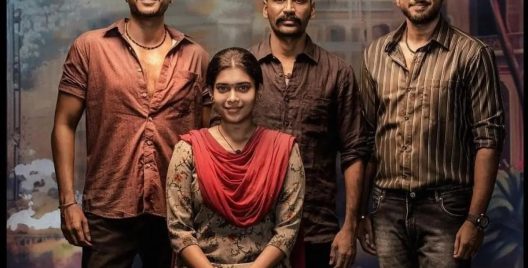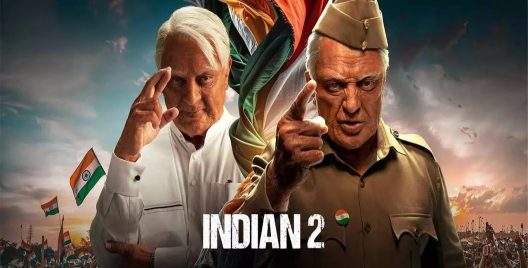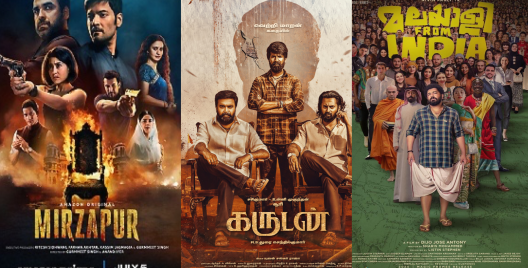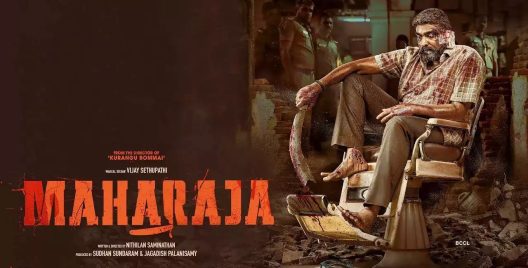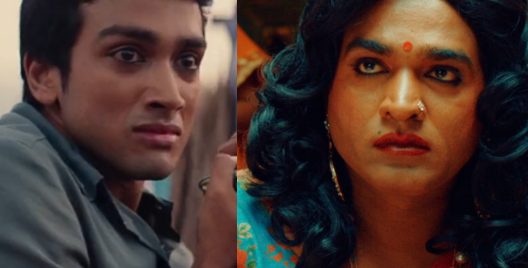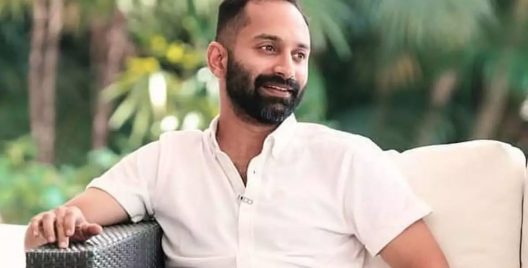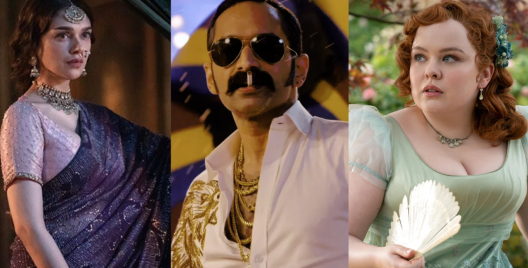Tamil Nadu has been among the most progressive States when it comes to laws protecting the trans community but Tamil films are far from it.
My earliest memory of watching a transgender character on screen was in Director Vasanth’s Appu (2000). The film, a remake of Sadak (Hindi, 1991), revolves around a trans woman Maharani (played by Prakash Raj) who is a tyrannical pimp in Mumbai. She trades women to be sex workers in exchange for money lent by men. She is an unflinching villain who murders anyone she perceives as a threat. The film left a deep scar in young minds that when my elementary school Tamil teacher once asked my class, how do we feel when you see trans women on the roads, the entire class said, “fear” and “awkward.”
Jokes At The Expense Of Transgender People Aren’t Funny
From lack of understanding to social discrimination, the everyday lives of transgender people in India are difficult as it is. When films use transgender characters only for comic relief it not just dehumanises them but leads to mockery and humiliation in real life.
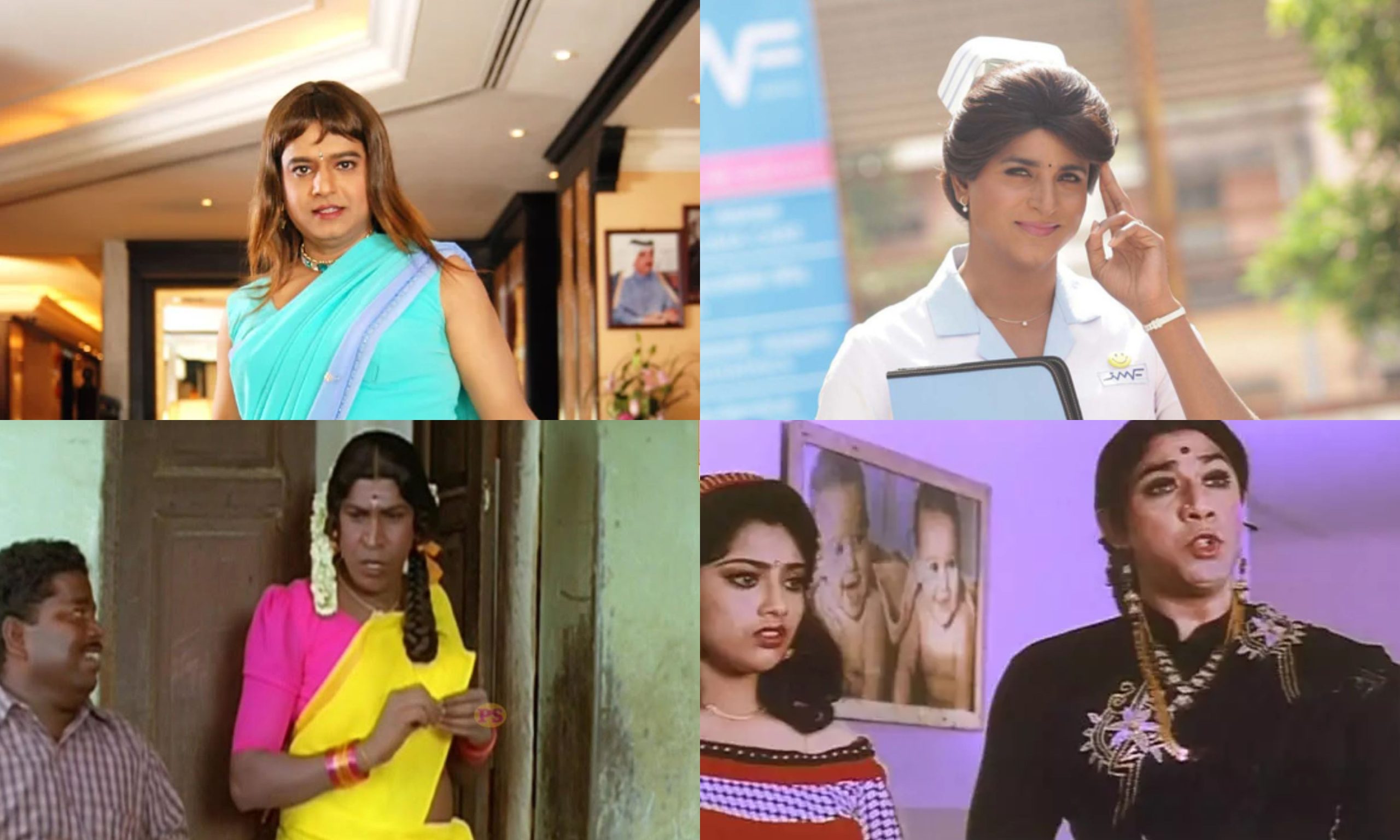
“Oororam Puliyamaram…”, a song written by Snehan from Ameer’s National award winning Paruthiveeran (2007), mocks and abuses transwomen. Cis-male actors cross-dressing as a woman for comic relief is often misunderstood as a representation of the transgender community. Crossdressers are people who wear clothes of the opposite gender and do not share the physical or mental qualities of a transgender. Vadivelu in the Paatali (1999), Sathyaraj in Maaman Magal (1995), Rajinikanth in Panakkaran (1990), Vivek in Guru En Aalu (2009), Santhanam in All in All Alazhu Raja (2013), Kamal Hasan in Avvai Shanmugi (1996) and Siva Karthikeyan in Remo (2016) are some harmful ‘jokes’ at the expense of a minority community.
Endangering Trans Lives By Stereotyping Them As A Threat
If Appu (2000) wasn’t harmful enough, Gautham Vasudev Menon’s Vettaiyaadu Vilaiyaadu (2006) is a frequent contender that pops up in films that made life difficult for queer folks. The film features a gay ‘villain’ couple—Amudhan and Ilamaran as serial killers. In addition to Raghavan’s (Kamal Haasan) constant homophobic slurs, when these men questioned their past that led to their will to kill, they say the ‘devil’ in them was woken up when they were assaulted in police custody by a trans woman.
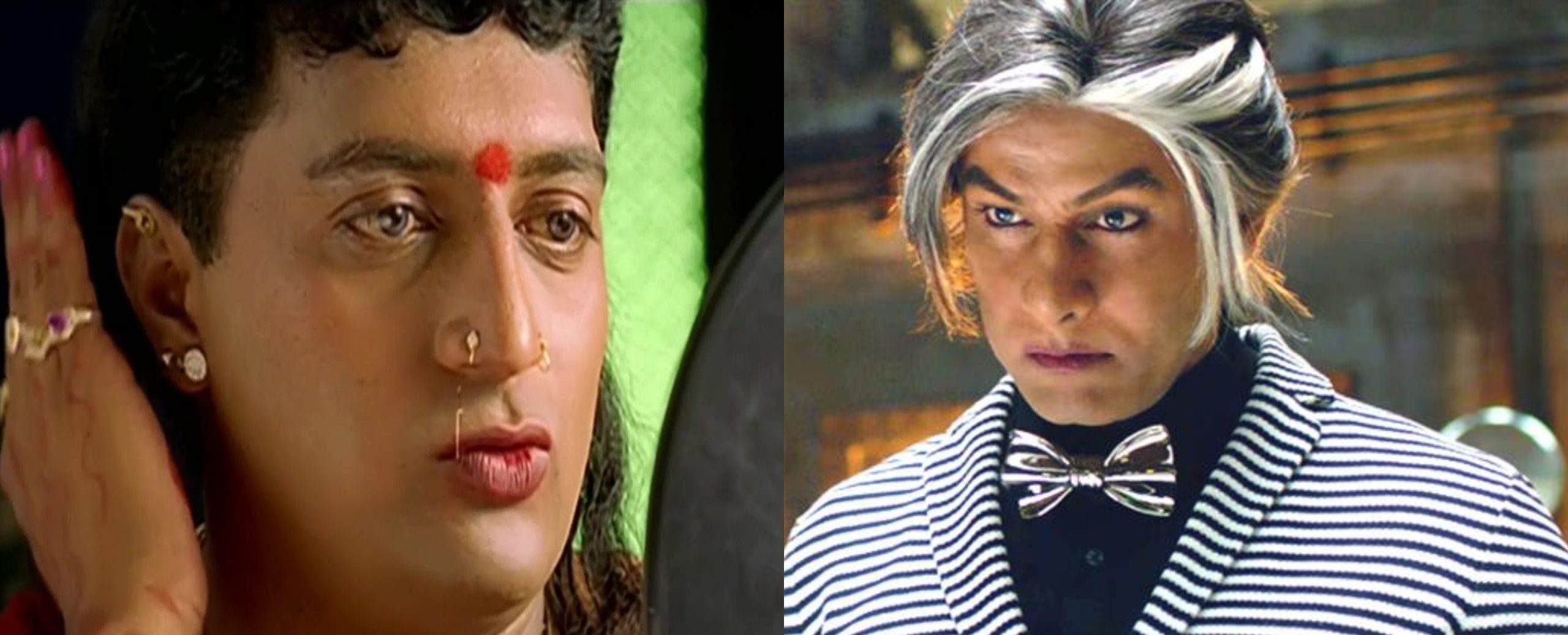
In Shankar’s I (2015), Osma Jasmine, a trans woman make-up artist though was shown as financially independent and successful in her career, as the film progressed she was portrayed as a sexual predator, who lusts over the hero (Vikram) and seeks revenge when her love is not reciprocated. The next year, in Iru Mugan (2016) Vikram played the role of a mad scientist, named Love with heightened feminine qualities who was believed to be a trans woman by the audience. Again, Love was depicted as evil and driven by lust as their primary motive.
Vignesh Karthick’s Thittam Irandu (2021) starring Aishwarya Rajesh is another confused and problematic film about trans lives where a trans man gaslights the cis-woman he loves about his trans identity and goes to extreme lengths of faking his death to erase his past. Why do stories about transgenders have to be so complicated?
Encouraging Strides In Trans Representation
Though Tamil cinema hasn’t had many heartfelt portrayals of trans people, some occasional rainbows have blessed these overcast skies. Mani Ratnam’s Bombay (1995) is one of the first films that portrayed trans women as carrying, nurturing individuals. Despite a few cliches, Muni 2: Kanchana (2011) is another film that showed the other side of the trans community with empathy. Although, its Hindi remake Lakshmi Bomb (2020) was a regressive portrayal.
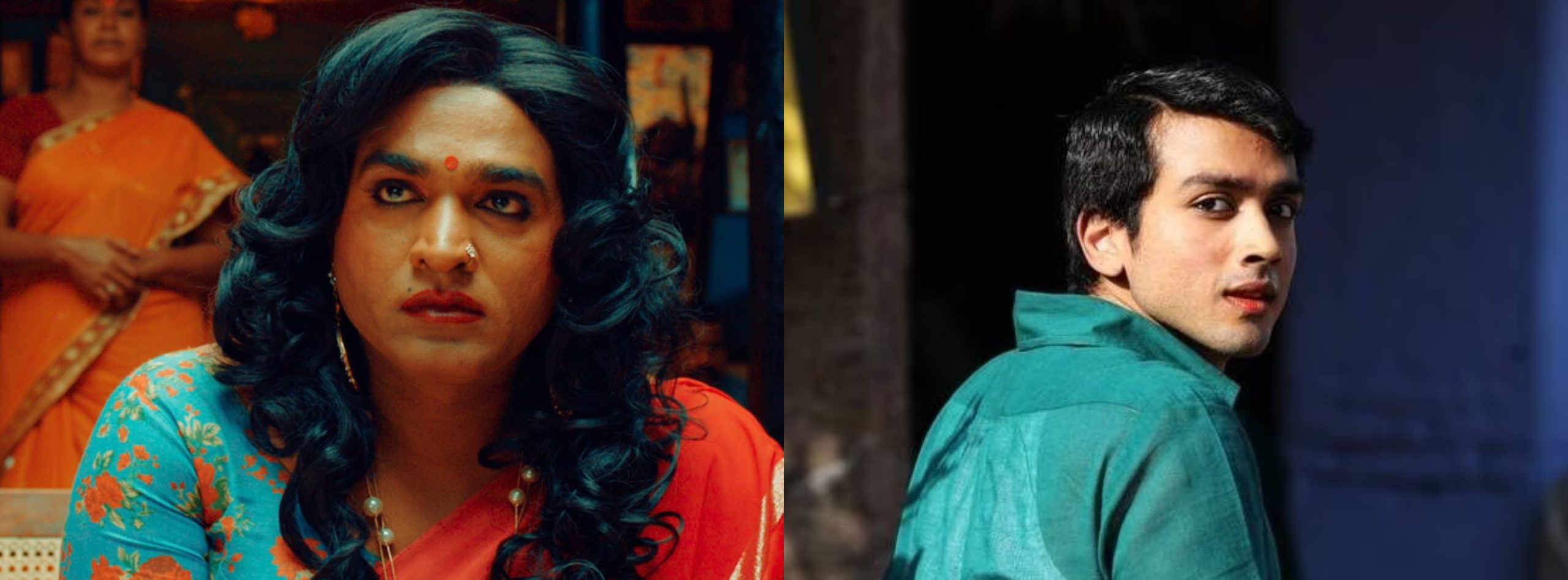
Thiagarajan Kumararaja’s Super Deluxe (2019) portrayed a complex transgender mother-and-son relationship with empathy and ease like never before. Sathaar of ‘Thangam’ Paava Kadhaigal (2020) is also a faithful story. But these mainstream films sparked conversations around why it was now necessary for trans actors to play trans characters instead of cis-actors.
Seenu Ramasamy’s Dharmadurai (2016) portrayed how a trans woman (played by trans actor Jeeva) can lead a life of dignity if given the love and respect they rightfully deserve. One of my favourite trans actors playing trans roles is Anjali Ameer as Meera from Ram’s Peranbu (2019) and the late Sherin Celin Mathew as Sylvia in Pa Ranjith’s Natchathiram Nagargiradhu (2022). These are rare depictions of queer joy where these trans women find love and marry the love of their life. Web series Suzhal: The Vortex (2022) also had a prominent trans woman character (played by trans actor Jeeva) effortlessly questioning the gaze on trans people through her lines, “You’ve typecasted all transgender people are in the sex trade, right? Can’t a man and I be friends?”
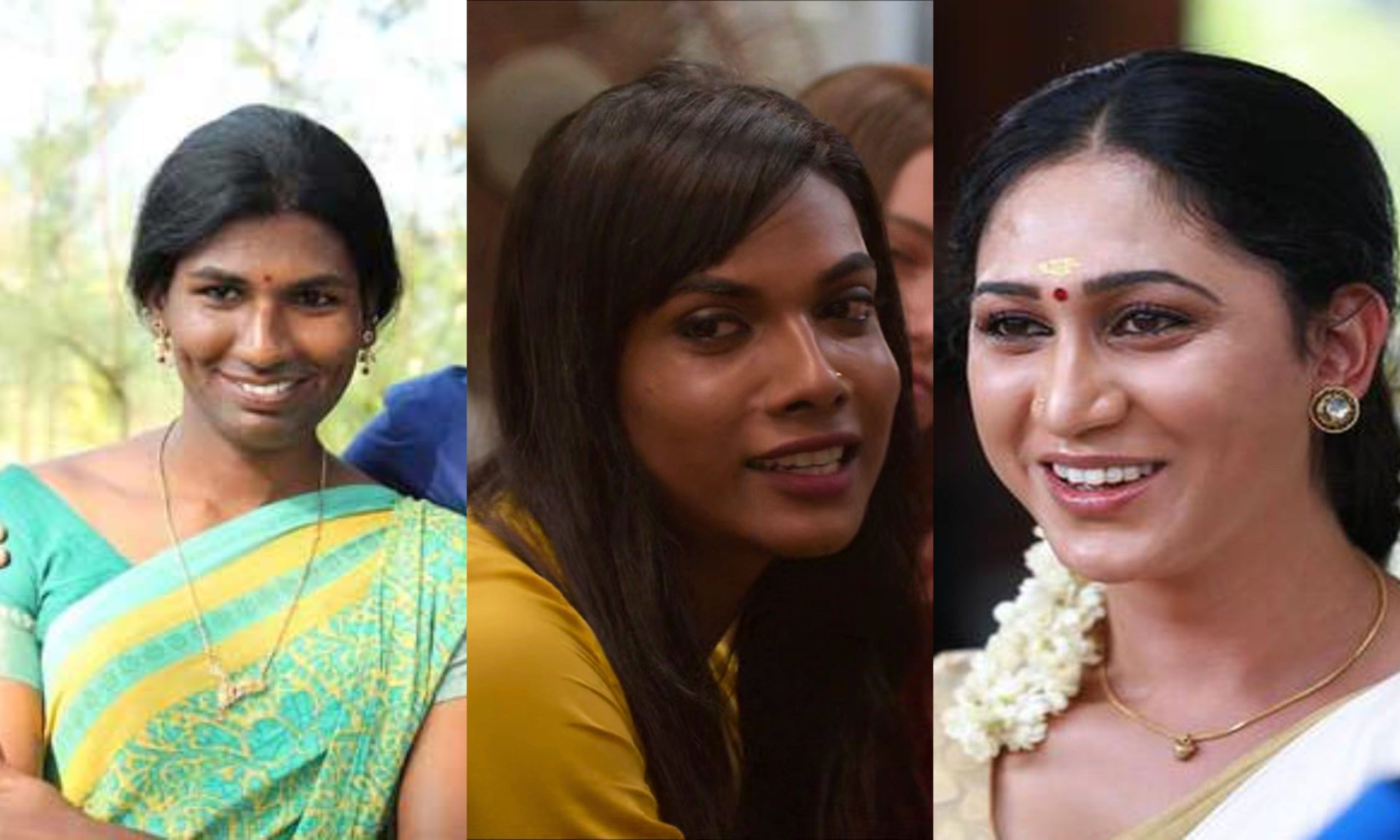
Trans Representation Is A Need
According to the 2011 census, India has an estimated 4.9 lakh Transgenders who identified themselves as third gender. However, several gender activists say this number is incorrect and feel that the real number would be at least six or seven times higher than the actual census report. These conversations around trans representations and sensitive portrayals in media are a need because transgender people have as much of a right to see themselves represented in everyday media as anyone else.
Most importantly, having trans actors play trans characters is about more than opportunity. As trans writer and actor Jen Richards puts it, “If I’m playing a trans character, I don’t have to play the transness of it… someone like Eddie Redmayne (cis-male actor)… what’s remarkable about his performance is the transness… but it reduces that person, to a performance of transness… rather than as a whole person of whom transness is one aspect.”





